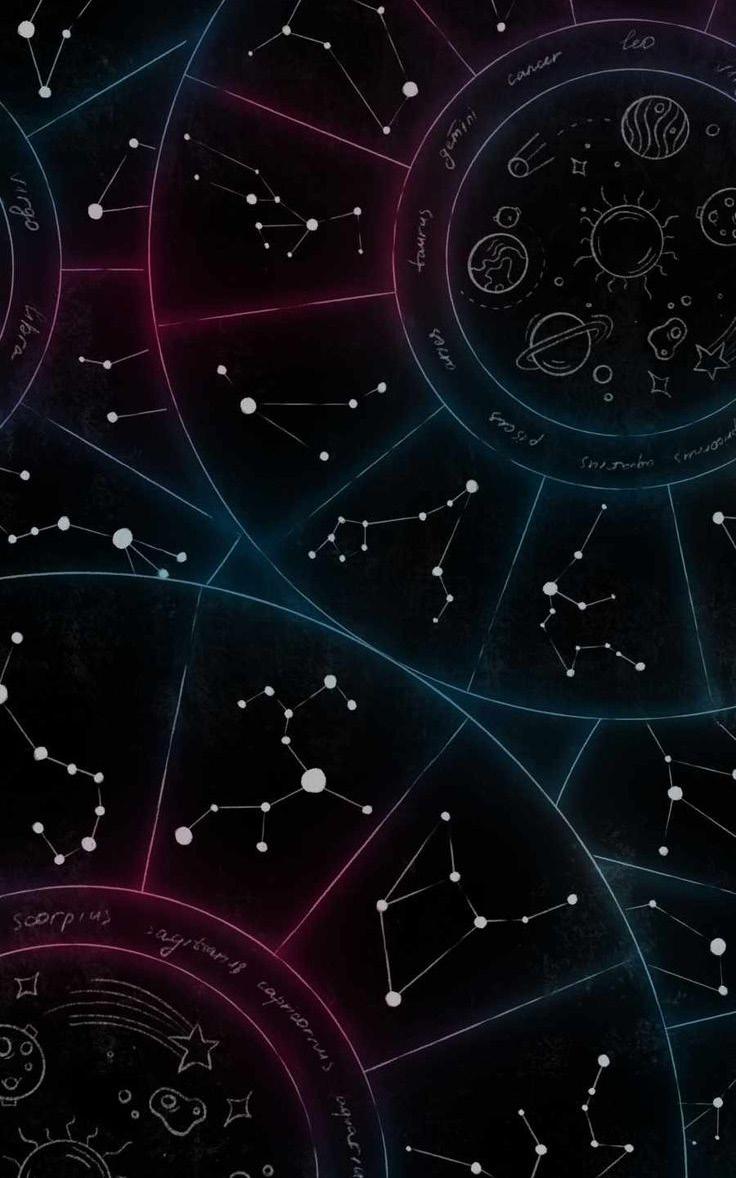
1 minute read
What’s the big deal with ChatGPT?
by Alex Ross Managing Editor
ChatGPT, an AI-generated chatbot developed by OpenAI, is creating a stir within the field of education since its release in November.
Advertisement
School districts and universities across the world are banning the use of the chatbot, fearing widespread plagiarism and misinformation.
New York City’s Department of Education barred the use of ChatGPT from the district’s network and devices in February while RV University in Bangalore, India placed similar restrictions.
“ChatGPT is not a sentient being. It scrapes the web for info and then regurgitates it in, generally, well-written ways, but it can’t think,” said Holle Canatella, a history professor at LHU.
“It can certainly have a negative impact by facilitating academic dishonesty.”
While the chatbot can write in a humanistic style, the substance of its writings are not well thought out. The chatbot looks online for information to use, but does not think like a human by taking a personable stance on the given subject.
“[I]f a student uses it to write something for one of my classes, and I don’t catch that they’ve used AI, they won’t do very well on the assignment anyway,” said Canatella.

However, not all professors think this technolo- gy is the end of the world.
LHU English professor David Russell thinks differently about ChatGPT and similar technology.
“I tend to take the optimistic view that we can harness this technology to actually help people become better writers.”
Whether using such technology is considered plagiarism is up for debate.
Russell believes it depends on how the student uses ChatGPT. If a majority of the content is original work created by the student and the AI is only used as a framework to build upon, then a case could be made that the content is original. However, Canatella says “it is still lying to present something you did not write as your own, and this violates the university’s academic honesty policy.”
Despite the concerns, professors have tools at their disposal to catch any cheating, plagiarism and AI-generated content. Russell said “keep in mind that we already have technology designed to suss out plagiarism in Turnitin.”
Commonwealth University has not released a comment regarding a ban or restriction on ChatGPT at Mansfield, Bloomsburg, or Lock Haven campuses.
AI chatbots like ChatGPT may seem concerning to some, but it is only another hurdle the higher education system can overcome.
“New technology can be unnerving,” said Canatella. “We have to and will adapt to its existence.”








